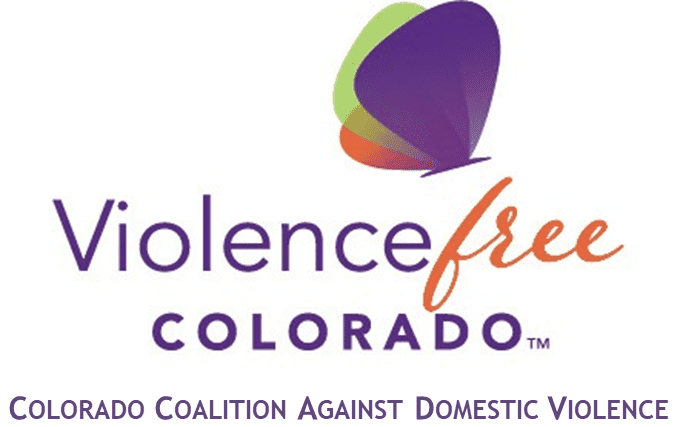By Heather
Violence Free Colorado Blogger
It was the scariest times of my life unaware of the next time I would get hit, smacked around, bruised, another bloody nose from an already-fractured nose, and knots on my scalp from getting my hair ripped out. How did I get myself in that crazy situation? And why did I stay? “What a dummy,” you might be thinking. I get it. I thought the exact same way; thinking I would NEVER get myself in that situation or stay!
I grew up in a normal, happy home. My family and I went to church every Sunday and I loved life. I did well in school, not a 4.0 student but average, had a lot of friends, and did normal teen activities. I went to church retreats with my teen friends, pulled pranks on people, went sledding, and enjoyed staying up late to hang out.
All of this came to a halt when I got into a relationship my senior year of high school, and after a few months it became abusive. I was ashamed, scared, and didn’t want to tell my family. Well, they soon enough found out. They were horrified. They tried very hard to get me out of this circumstance, but didn’t always go about it in the safest of ways. I know they were nervous and had sleepless nights, but it didn’t always help. In some ways it would hurt me worse.
When my friends and family would call me, for example, they would ask 99 questions, not realizing he may be right by me and can possibly hear them. After the first few, “Are you ok?”, “Where are you?”, “You better not be with him!”, “I’ll hunt him down”, and “Are you safe at work?”, my abuser started to get suspicious. He turned on me and questioned what I told people (since he clearly didn’t understand that people could sometimes see bruises and wonder why I’m wearing a long sleeve shirt in the middle of summer!)
For those that don’t know how to help or where to turn, here are some of my ideas you can try:
- Let them know you are there to listen.
- Understand if they are not able to immediately leave, as this is the case quite often.
- Reassure them the abuse isn’t their fault, but tell them when they are not around their abuser.
- Remind them in person that there are safe houses and better things out there that are willing to help.
- Help them get a restraining if they are ready. Leaving this type of relationship is the most dangerous, so be gentle and patient. However, know that this is just a piece of paper to some abusers and it doesn’t always help. Let your loved one know there are counseling and 24/7 hotlines they can call.
- Help with transportation and money, if possible. Abusers leave victims high and dry, and victims sometimes feel that they can’t leave as they have nothing with which to leave. Asking “yes” or “no” questions when on the phone will help your loved one and avoid putting them in possible danger if their abuser is nearby.
The smallest things can set off an abuser and they quickly react on their victim. The victim is sadly the punching bag. Abusers control every aspect of their victim’s life. I would know. I have been there.
